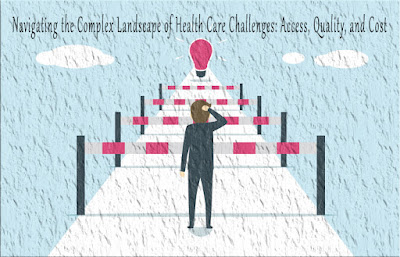Hair loss, also known as alopecia, is a common condition that affects millions of people around the world. This can be distressing & impact your self-esteem & self-confidence. Understanding the causes & available treatments for hair loss is crucial to effectively managing this condition.
Causes of Hair Loss
Genetic Factors: The most common cause of hair loss is androgenetic alopecia, also known as male pattern baldness or female pattern baldness. This hereditary condition is influenced by genetics and hormones, leading to progressive thinning and loss of hair.
Hormonal Changes: Hormonal imbalances due to pregnancy, childbirth, menopause, or thyroid problems can cause temporary hair loss. Conditions like polycystic ovary syndrome (PCOS) can also lead to hair thinning in women.
Medical Conditions: Several medical conditions can result in hair loss, including alopecia areata (an autoimmune disorder that attacks hair follicles), scalp infections like ringworm, & diseases such as lupus & diabetes.
Medications & Treatments: Certain medications, such as those used for cancer, arthritis, depression, & high blood pressure, can cause hair loss as a side effect. Treatments like chemotherapy & radiation therapy also lead to hair loss.
Nutritional Deficiencies: A lack of essential nutrients such as iron, vitamin D, zinc, & proteins can contribute to hair thinning. Poor diet & eating disorders can exacerbate these deficiencies.
Physical & Emotional Stress: Significant physical or emotional stress can trigger telogen effluvium, a temporary form of hair loss. Stressful events like surgery, illness, or a traumatic experience can push hair follicles into a resting phase, leading to shedding.
Hairstyling Practices: Excessive styling, tight hairstyles like ponytails or braids, & the frequent use of heat & chemical treatments can damage hair & cause it to fall out.
Treatments for Hair Loss
Medications: The most common medications for treating hair loss include minoxidil (Rogaine) & finasteride (Propecia). Minoxidil is a topical treatment that stimulates hair growth, while finasteride is an oral medication that reduces hair loss by blocking the hormone responsible for shrinking hair follicles.
Hair Transplant Surgery: This surgical procedure involves moving hair follicles from a part of the body with thicker hair (usually the back of the head) to the balding areas. Techniques like follicular unit transplantation (FUT) & follicular unit extraction (FUE) are popular methods.
Laser Therapy: Low-level laser therapy (LLLT) is a non-invasive treatment that uses light to stimulate hair growth. It is thought to improve blood flow to the hair follicles & increase hair density.
Platelet-Rich Plasma (PRP) Therapy: PRP therapy involves injecting the patient's platelet-rich plasma into the scalp. The growth factors in the plasma are believed to promote hair growth & improve hair thickness.
Dietary & Lifestyle Changes: A balanced diet rich in vitamins & minerals can support hair health. Incorporating foods high in protein, iron, & omega-3 fatty acids can help prevent hair loss. Reducing stress through relaxation techniques like yoga & meditation can also be beneficial.
Natural Remedies: Some people turn to natural remedies like essential oils (such as rosemary & lavender) & herbal supplements (like saw palmetto) to promote hair growth. While scientific evidence is limited, these remedies may offer some benefits.
Wigs & Hairpieces: For individuals who do not respond to medical treatments, wigs & hairpieces can provide a cosmetic solution for hair loss. These can be custom-made for a natural appearance & are available in various styles & colors.
In conclusion, hair loss can result from various factors, including genetics, hormonal changes, medical conditions, & lifestyle choices. Understanding the underlying cause is essential for effective treatment. With a range of medical & natural options available, individuals experiencing hair loss can find a solution that works best for them. Consulting a healthcare professional or dermatologist is recommended to determine the most appropriate treatment plan based on individual needs & circumstances.


No comments:
Post a Comment